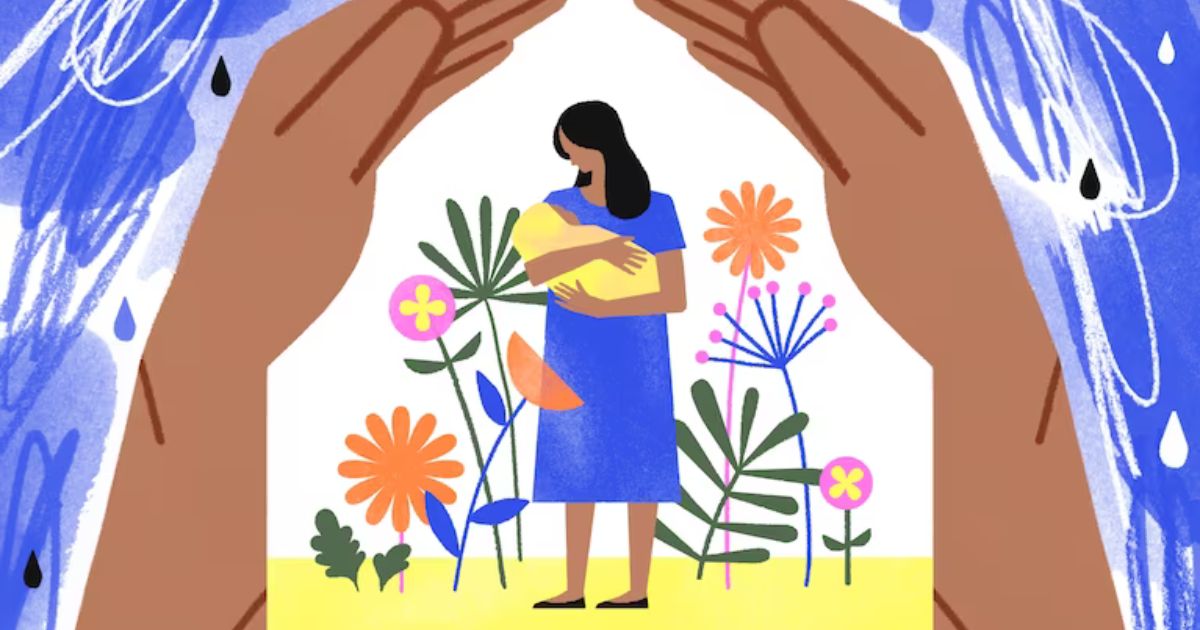In the realm of maternal mental health, the fight against postpartum depression has been an ongoing battle. While medications have long been considered a crucial component of treatment, recent findings underscore that relying solely on medication is insufficient in preventing maternal suicides amidst the complexities of postpartum depression.
Postpartum depression affects countless mothers worldwide, shrouding what should be a joyous time in darkness and despair.
The emotional and psychological toll of this condition can be overwhelming, making it a paramount concern for both mothers and healthcare professionals.
For years, medication has been a lifeline for many mothers facing postpartum depression.
Antidepressants are often prescribed to alleviate the symptoms and provide much-needed relief. While these medications can significantly improve a mother’s mental health, they are not a panacea.
The Stark Reality of Maternal Suicides
Recent research and clinical observations have exposed a critical gap in our approach to maternal mental health. Medication, while valuable, is not a standalone solution to the multifaceted challenge of postpartum depression.
A disheartening consequence of this gap is the elevated risk of maternal suicides, which remains a tragic reality in some cases.
Postpartum depression is a complex condition that extends beyond the biochemical realm targeted by medication. It encompasses a broad spectrum of emotional, psychological, and social factors that require a holistic approach to treatment and support.
Medication, though essential, may not adequately address these nuanced aspects of the condition.
Social support systems play a crucial role in a mother’s mental health journey. Family, friends, and healthcare providers contribute significantly to a mother’s emotional well-being during the postpartum period.
However, the isolation and stigma often associated with postpartum depression can hinder the formation of robust support networks.
The pervasive stigma surrounding postpartum depression can be a formidable barrier to seeking help. Mothers may fear judgment or societal pressure to appear as if they have everything under control.
As a result, they may not reach out for support or may resist discussing their struggles openly.
To bridge the gap in preventing maternal suicides related to postpartum depression, a comprehensive approach to care is imperative.
Medication remains an essential component, but it must be complemented by a range of strategies addressing the multifaceted nature of the condition.
Holistic solutions include therapy, counseling, and support groups tailored to mothers experiencing postpartum depression. These interventions can provide a safe space for mothers to share their experiences, receive guidance, and develop coping strategies.
Additionally, therapy helps address the root causes of postpartum depression, such as hormonal imbalances and the profound life changes associated with motherhood.
Open conversations about postpartum depression are essential in breaking the silence surrounding this condition. Initiatives that encourage mothers to share their stories and seek help without judgment can help destigmatize the condition and promote early intervention.
Healthcare providers, including obstetricians, pediatricians, and mental health professionals, play a pivotal role in recognizing the signs of postpartum depression and providing appropriate support.
Training and resources should be made available to enhance their ability to diagnose and treat this condition effectively.
In conclusion, while medication is a crucial element in the treatment of postpartum depression, it alone is insufficient in preventing maternal suicides. A comprehensive approach that considers the holistic nature of the condition is imperative. This includes addressing the stigma surrounding postpartum depression, providing robust social support networks, and equipping healthcare providers with the tools and knowledge to recognize and treat the condition effectively.
By embracing a multifaceted approach to maternal mental health, we can better support mothers facing postpartum depression and reduce the tragic toll of maternal suicides.
It is a collective responsibility to ensure that every mother receives the care and support she needs to navigate the challenges of postpartum depression and emerge stronger for herself and her family.




























